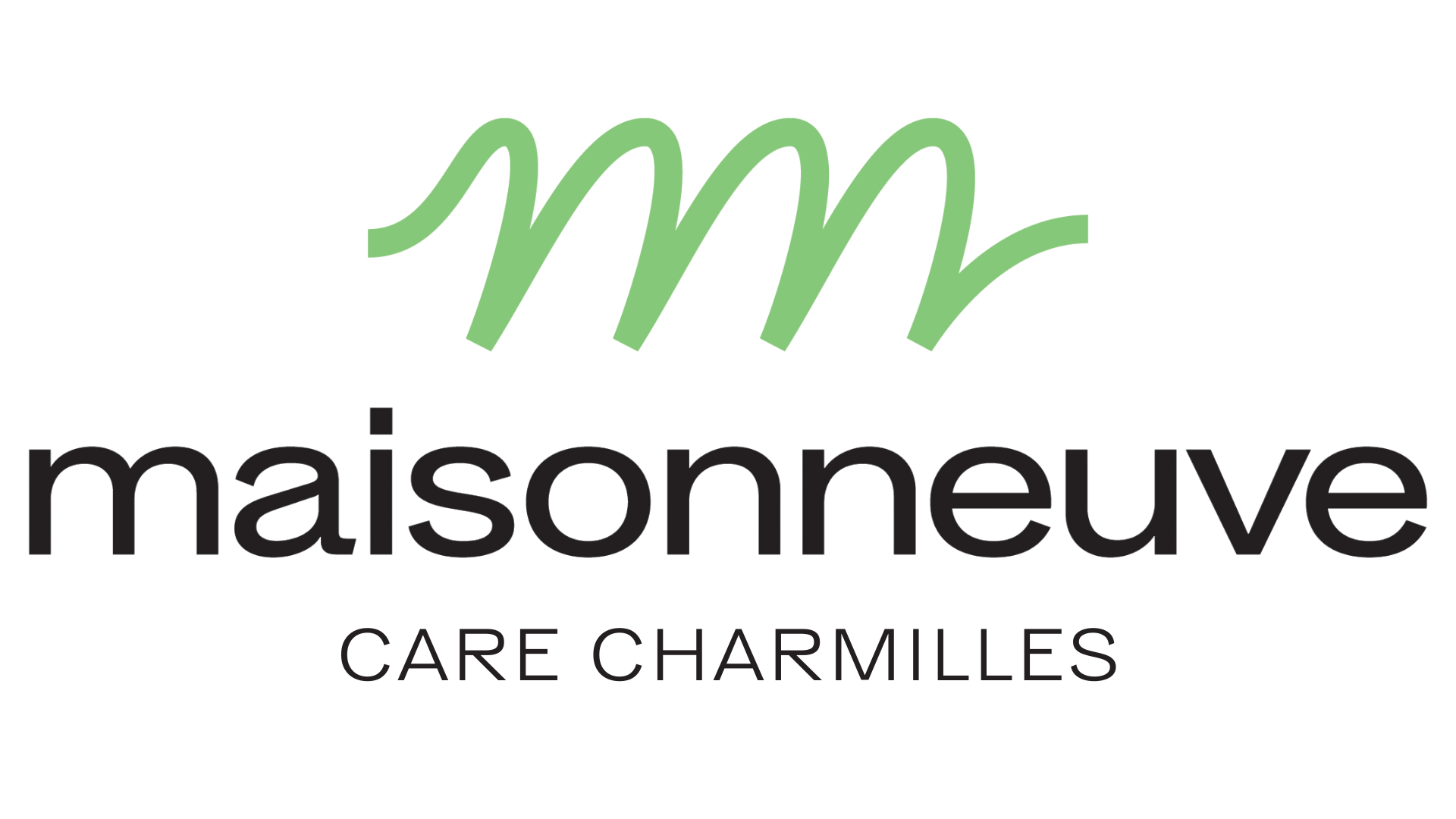Vestibular physiotherapy Geneva

Why do vestibular physiotherapy?
Do you suffer from dizziness, pitching, walking difficulties, imbalance or falls? Do you suffer from motion sickness? Nausea or vomiting?
But also: photophobia, tinnitus, sleep and concentration problems...
The symptoms of this type of damage can take many forms.
By restoring and regulating inner-ear function, vestibular physiotherapy can eliminate or reduce these disorders, greatly improving patients' quality of life.
What is the vestibule?
To ensure balance and coordinate movements in space, the brain has a complete map of the position of the head and body in space in real time.
This mapping is based on the following elements:
- Visual information (what we see)
- Proprioceptive information (receptors in muscles, skin and joints)
- Information transmitted by the vestibule
Located in the inner ear, the vestibule is a small organ whose role is to constantly inform the brain of the head's position in space.

Vestibular physiotherapy for what type of vertigo?
Classically, there are two types of vertigo:
Central vertigo : linked to a disturbance of the brain
Peripheral vertigo: resulting from dysfunction of the inner ear.
Physiotherapy aims to regulate vertigo in this second category.
How can vestibular physiotherapy benefit my health?
Falls prevention
By strengthening muscles and improving balance, vestibular physiotherapy can help prevent falls, which is particularly important in the elderly.
Improved balance
Specific exercises to improve sensory weighting and coordination can help improve balance in people with vestibular disorders.
Rehabilitation of the visual system
Vestibular physiotherapy can help restore coordination between eye movements and visual perception, helping to alleviate symptoms such as motion-induced vertigo.
Reduced motion sensitivity
Certain exercises can help reduce sensitivity to movement.
Vestibular migraine management
Vestibular physiotherapy can be beneficial in the management of vestibular migraines by targeting the vestibular components of the symptoms.
Reduces dizziness and lightheadedness
Vestibular physiotherapy can help reduce the symptoms of vertigo and dizziness associated with vestibular problems.
Improved quality of life
By reducing symptoms such as vertigo, dizziness and instability, vestibular physiotherapy can help improve patients' overall quality of life and restore their self-confidence.
It should be noted that the results of vestibular physiotherapy may vary depending on the underlying cause of the vestibular disorder and the patient's individual characteristics.
How does your physiotherapy treatment work?
Care begins with a complete check-up to :
- accurately assess the faulty sensor(s); and
- scan all symptoms and their influence on the patient's quality of life, in order to tailor a personalized treatment.
The assessment is carried out using special equipment, based in particular on the observation of eye movements during various tests.
These tests help topersonalize the treatment. The aim is then to stimulate vestibular function and improve the various systems involved in balance: vestibular, vision and proprioception.
Regular tests enable us to check the patient's progress and adjust the proposed treatment.

Please note: In order for your basic insurance to cover your sessions, your first session must take place within 5 weeks of your physiotherapy voucher being issued. Moreover, the voucher is no longer valid after 3 months, so your appointments must be made within this period.
What equipment do you use?
The equipment used is specific to vestibular rehabilitation:


























